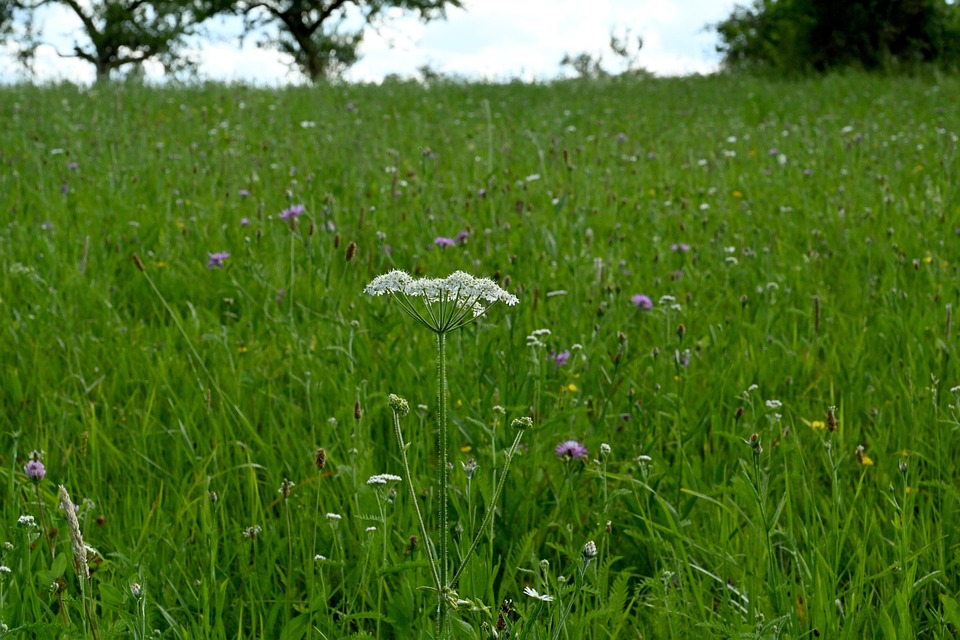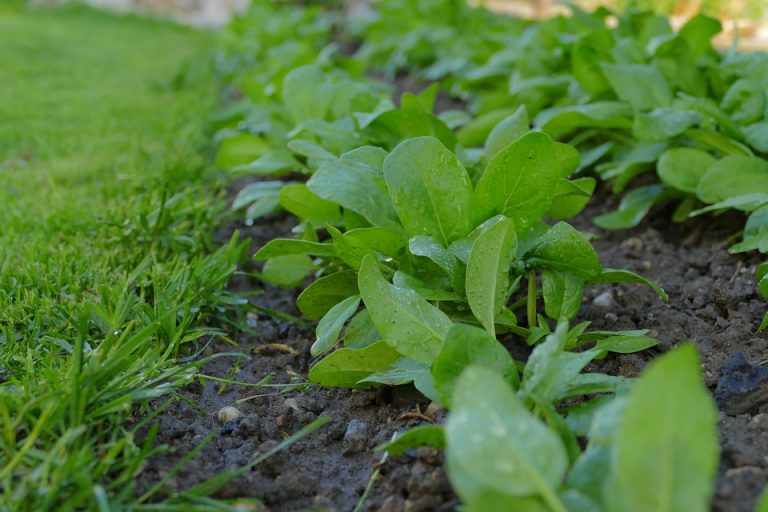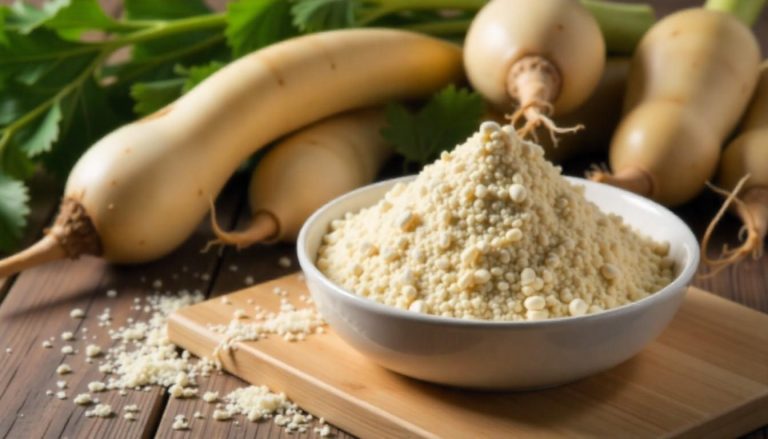Contents
5 Powerful Herbs That Revitalize Your Liver Naturally
Did you know that your liver plays a crucial role in detoxifying your body? It’s like the unsung hero of your internal organs, working tirelessly to filter out toxins, process nutrients, and even produce bile for digestion. Yet, with our fast-paced lifestyles, poor dietary choices, and environmental pollutants, our livers can become overworked and sluggish. But there’s good news! Nature has provided us with powerful herbs that can help revitalize our livers and support their essential functions.
In this article, we’ll explore five of these herbs, diving into their benefits, potential drawbacks, and how you can incorporate them into your daily routine. Let’s get started!
1. Milk Thistle (Silybum marianum)
What It Is
Milk thistle is perhaps the most renowned herb for liver health. Its active component, silymarin, is a powerful antioxidant that has been shown to protect liver cells from damage and promote regeneration.
Benefits
- Liver Protection: Silymarin helps to stabilize cell membranes and inhibit the binding of toxins to liver cells. This is particularly beneficial for individuals who have been exposed to alcohol or drugs.
- Detoxification Support: Studies indicate that milk thistle may enhance the liver’s detoxification processes, making it easier for the body to clear out harmful substances (Abenavoli et al., 2017).
Potential Drawbacks
While generally safe, some people might experience gastrointestinal upset or allergic reactions. Plus, milk thistle can interact with certain medications, so it’s essential to consult with a healthcare provider before adding it to your regimen.
How to Use It
Milk thistle is available in various forms, including capsules, tinctures, and teas. A common recommendation is to take 140 mg of standardized silymarin extract, taken two to three times daily.
2. Dandelion Root (Taraxacum officinale)
What It Is
Often dismissed as a pesky weed, dandelion is a powerhouse when it comes to liver health. The root is particularly beneficial and has been used in traditional medicine for centuries.
Benefits
- Bile Production: Dandelion root stimulates bile production, aiding in digestion and helping to flush out toxins from the liver.
- Antioxidant Properties: It contains high levels of antioxidants, which help combat oxidative stress in the liver, reducing the risk of liver disease (Sharma et al., 2016).
Potential Drawbacks
Dandelion can cause allergic reactions in some individuals, especially those allergic to related plants. Additionally, it may interact with certain medications, particularly diuretics and blood thinners.
How to Use It
Dandelion root can be consumed as a tea or taken in capsule form. A typical dosage is around 500 mg to 2,000 mg per day, but be sure to consult with a healthcare provider for personalized advice.
3. Turmeric (Curcuma longa)
What It Is
Turmeric, known for its vibrant yellow color and as a staple in curry, contains curcumin, a compound celebrated for its anti-inflammatory and antioxidant properties.
Benefits
- Anti-inflammatory Effects: Curcumin helps reduce inflammation in the liver, which can be beneficial for conditions like fatty liver disease.
- Regenerative Properties: Research suggests that turmeric may promote liver regeneration and protect against liver damage (Choudhary et al., 2017).
Potential Drawbacks
While turmeric is generally safe, excessive consumption can lead to gastrointestinal issues. Additionally, curcumin may interact with blood thinners and other medications.
How to Use It
Incorporate turmeric into your diet by adding it to smoothies, soups, or stir-fries. Turmeric supplements are also available, with a common dosage of 400 mg to 600 mg of curcumin, taken two to three times daily.
4. Artichoke (Cynara scolymus)
What It Is
Artichoke is not just a delicious vegetable; its leaves have been used in traditional medicine to promote liver health and digestion.
Benefits
- Choleretic Effects: Artichoke increases bile production, which aids in digesting fats and detoxifying the liver.
- Protective Qualities: Some studies suggest that artichoke extract can help protect the liver from damage and improve liver function (Liu et al., 2015).
Potential Drawbacks
Artichoke is generally safe for most people, but those with allergies to related plants like ragweed should exercise caution. Additionally, it may cause gastrointestinal discomfort in some individuals.
How to Use It
Artichoke can be consumed in various forms, including whole, canned, or as an extract. A common recommendation for extract is 320 mg to 640 mg taken daily.
5. Ginger (Zingiber officinale)
What It Is
Ginger is a well-known spice with a long history of use in traditional medicine, particularly for its anti-inflammatory properties.
Benefits
- Digestive Aid: Ginger promotes digestion and can help alleviate nausea, making it beneficial for liver health.
- Antioxidant Properties: Like the other herbs mentioned, ginger also has antioxidant effects that can protect liver cells from damage (Khan et al., 2018).
Potential Drawbacks
Generally safe in culinary amounts, ginger can cause heartburn or digestive upset in some people, especially in larger doses. It may also interact with certain medications, particularly blood thinners.
How to Use It
Fresh ginger can be added to teas, smoothies, or stir-fries. Ginger supplements are also available, with a typical dosage ranging from 500 mg to 1,000 mg per day.
FAQs
1. How do these herbs work to detoxify the liver?
These herbs contain compounds that protect liver cells from damage, stimulate bile production, and enhance the liver’s natural detoxification processes.
2. Can I take these herbs together?
While many of these herbs can be taken together, it’s always best to consult with a healthcare provider to ensure there are no interactions with medications or other health conditions.
3. How long does it take to see results?
Results can vary based on individual health conditions and lifestyle factors. Generally, consistent use over several weeks to months may yield noticeable benefits.
4. Are there any side effects?
Most of these herbs are safe for most people when used appropriately. However, potential side effects include gastrointestinal discomfort and allergic reactions. Always consult a healthcare provider for personalized advice.
Conclusion
Revitalizing your liver naturally can be a gratifying journey, especially when you have powerful allies like milk thistle, dandelion root, turmeric, artichoke, and ginger by your side. Remember, while these herbs can support liver health, they are not a substitute for a balanced diet and healthy lifestyle.
Incorporating these herbs into your routine can be as simple as adding them to your meals or taking them as supplements. Just keep in mind the importance of consulting with a healthcare provider before making any significant changes, especially if you have existing health conditions or are taking medications.
Let’s give our livers the love and care they deserve, and perhaps we can all feel a little more vibrant and energetic as a result!
This article is for educational purposes only and is not a substitute for professional medical advice. Always consult a qualified healthcare provider before making changes to your health routine.
References
-
Abenavoli, L., et al. (2017). “Milk thistle: A review of its efficacy and safety.” Journal of Ethnopharmacology. Link
-
Sharma, S., et al. (2016). “Dandelion: A potential therapeutic agent in liver diseases.” Journal of Medicinal Food. Link
-
Choudhary, A., et al. (2017). “Curcumin and liver diseases: A review.” Journal of Clinical Gastroenterology. Link
-
Liu, Y., et al. (2015). “Artichoke extract and liver health: A review.” Clinical Nutrition. Link
-
Khan, M. A., et al. (2018). “Ginger: An overview of its therapeutic potential.” Journal of Medicinal Food. Link
Get Your FREE Natural Health Guide!
Subscribe now and receive our exclusive ebook packed with natural health tips, practical wellness advice, and easy lifestyle changes, delivered straight to your inbox.




